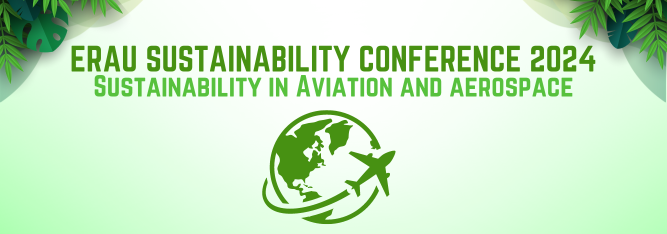Closing the Loop: The Feasibility of Nuclear Waste Recycling
Presentation Type
Poster Presentation
In Person or Zoom Presentation
In-Person
Campus
Daytona Beach
Status
Student
Student Year and Major
Sophmore/Aerospace Engineering
Presentation Description/Abstract
Despite its potential to address climate concerns, nuclear power has been a prominent, yet underutilized energy source for decades. This underutilization stems largely due to concerns associated with the safe disposal of radioactive spent fuel. This research investigates the feasibility of nuclear fuel recycling as a sustainable waste-management solution for the long-term, large-scale production of nuclear power by compiling research regarding the topic between 2011 and 2024. According to our research, uranium and plutonium comprise around 96% of the spent fuel from conventional nuclear reactors and can be reprocessed into new fuel. Findings from our review indicate substantial benefits to spent fuel recycling, including significantly decreasing the volume and radiotoxicity of waste products that require long-term storage, while also reducing the need for new nuclear fuel. Our review indicates two main limitations: Nuclear proliferation and cost. Because processes in nuclear recycling are also associated with weaponization, concerns about nuclear weaponization exist. According to several sources, the cost for recycling nuclear fuel is also higher than the creation of new fuel, though this is expected to change. Based on these findings, we recommend that spent fuel recycling be implemented worldwide under the supervision of an independent international regulatory body such the International Atomic Energy Agency, as well as continue research into next-generation reactors that will be better able to utilize recycled fuel and spent fuel recycling.
Keywords
Nuclear Power, Nuclear Recycling, Nuclear Waste Management, Nuclear Energy, Nuclear Fuel, Spent Fuel Recycling
Closing the Loop: The Feasibility of Nuclear Waste Recycling
Despite its potential to address climate concerns, nuclear power has been a prominent, yet underutilized energy source for decades. This underutilization stems largely due to concerns associated with the safe disposal of radioactive spent fuel. This research investigates the feasibility of nuclear fuel recycling as a sustainable waste-management solution for the long-term, large-scale production of nuclear power by compiling research regarding the topic between 2011 and 2024. According to our research, uranium and plutonium comprise around 96% of the spent fuel from conventional nuclear reactors and can be reprocessed into new fuel. Findings from our review indicate substantial benefits to spent fuel recycling, including significantly decreasing the volume and radiotoxicity of waste products that require long-term storage, while also reducing the need for new nuclear fuel. Our review indicates two main limitations: Nuclear proliferation and cost. Because processes in nuclear recycling are also associated with weaponization, concerns about nuclear weaponization exist. According to several sources, the cost for recycling nuclear fuel is also higher than the creation of new fuel, though this is expected to change. Based on these findings, we recommend that spent fuel recycling be implemented worldwide under the supervision of an independent international regulatory body such the International Atomic Energy Agency, as well as continue research into next-generation reactors that will be better able to utilize recycled fuel and spent fuel recycling.

